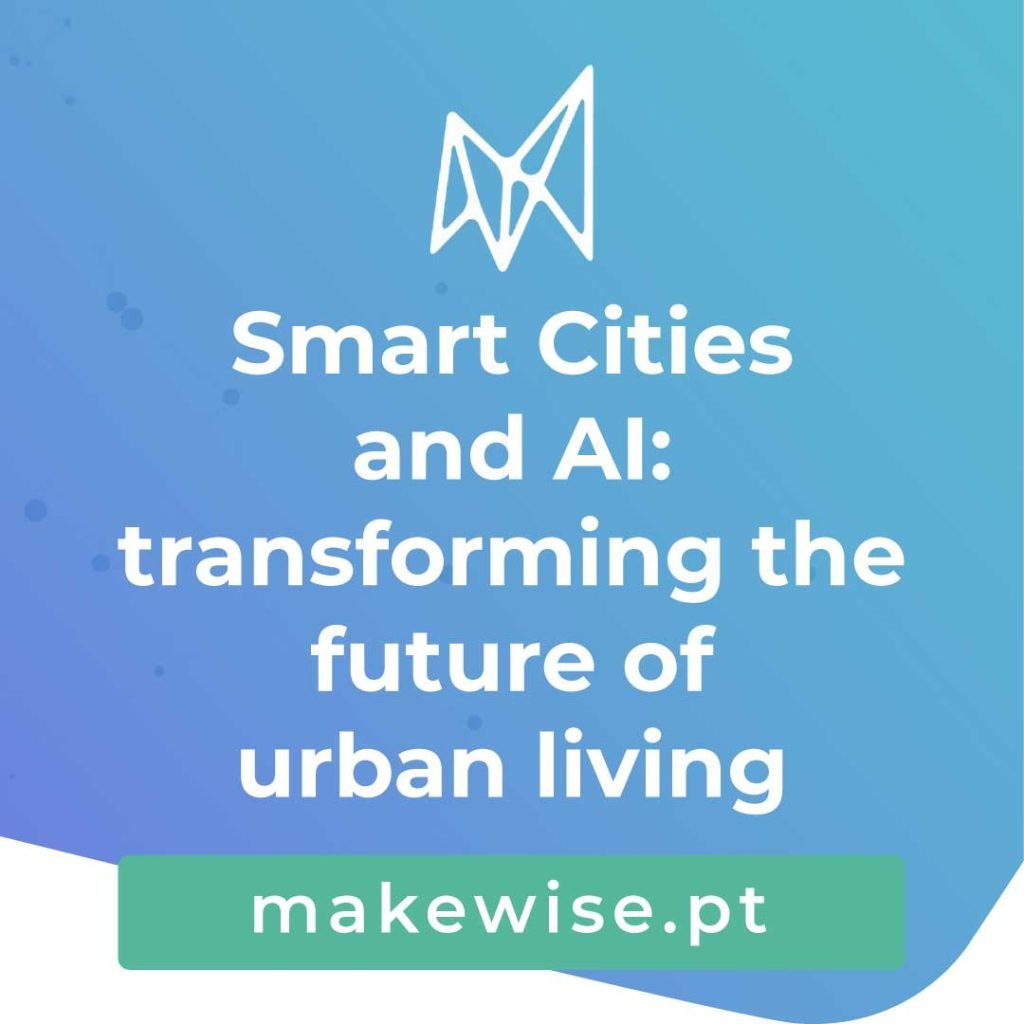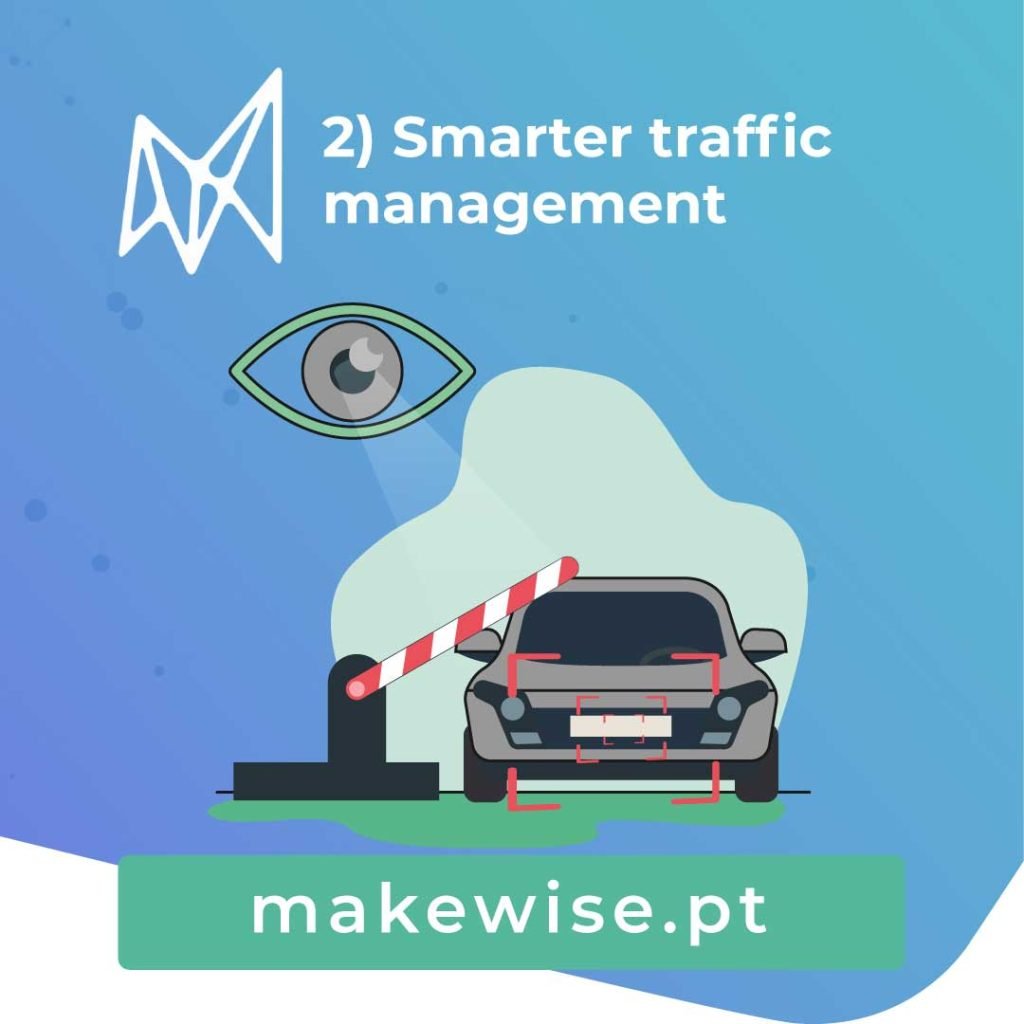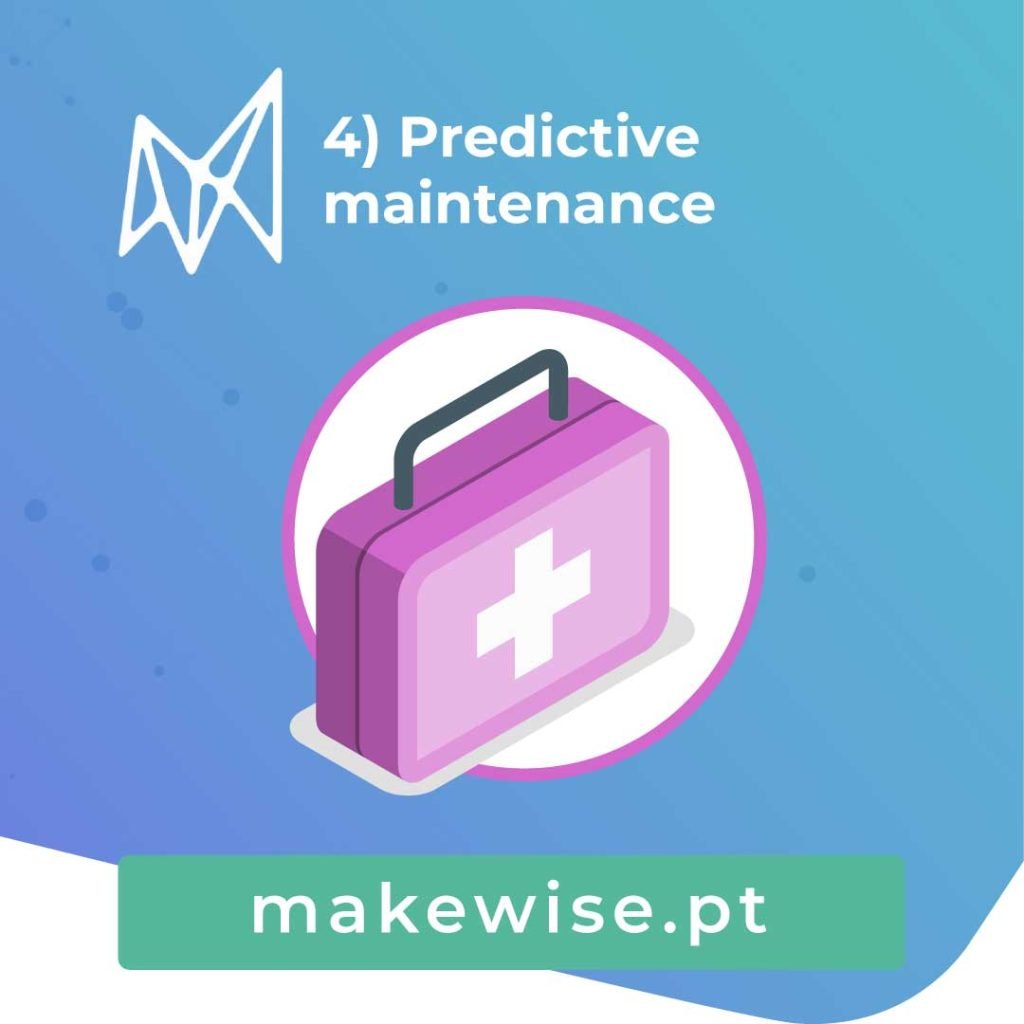Urban life is rapidly evolving. With populations growing and infrastructure under pressure, cities face immense challenges in traffic: congestion, pollution, inefficient resource use, and rising safety concerns. Residents deserve environments that are safer, smarter, and more sustainable. At MakeWise, we understand the need for cities to adapt quickly, and AI is proving to be a powerful ally in creating better urban living experiences. In this article, we’ll dive into the AI solutions that are integrated in smart cities, how they work and the MakeWise’s solution AID.VISION.
What are Smart Cities?
A smart city is more than just a technologically advanced urban area, it’s an ecosystem where digital technologies and data-driven solutions work together to enhance quality of life. Artificial Intelligence (AI) plays a central role in these transformations, enabling cities to collect and analyze vast amounts of real-time data from sensors, cameras, and IoT devices. From AI-powered traffic management that reduces congestion to predictive maintenance of public utilities, these cities leverage AI to make informed decisions quickly. They improve everything from public safety and transportation to energy efficiency and waste management, creating dynamic urban spaces tailored to residents’ needs.
What are the benefits of AI in Smart Cities?







Building a truly “smart” city requires more than just adding sensors and collecting data. The real value comes from using AI to transform this information into actionable insights making cities more responsive, resilient, and people‑focused. By integrating AI into key areas of urban management, city authorities can anticipate problems, react to incidents faster, and create a safer and more sustainable environment for all. Here’s how AI is transforming urban living:
- Enhanced public safety: AI-powered surveillance and anomaly detection improve response times by alerting authorities to incidents such as accidents, fires, or unusual activities.
- Smarter traffic management: AI analyzes traffic flow in real time, adjusting signals and suggesting alternative routes to reduce congestion and commuting times.
- Efficient resource management: from energy grids to water distribution, AI systems optimize usage, reducing waste and ensuring sustainable operations.
- Predictive maintenance: by monitoring infrastructure health, AI predicts maintenance needs, preventing costly failures and improving reliability.
- Improved quality of life: cleaner air, safer streets, and better transport options make urban living more comfortable and appealing for all residents.
MakeWise Spotlight: AID.VISION – Automatic Incident Detection

At MakeWise, we contribute to the development of smart cities with AID.VISION, an AI-driven solution designed to enhance public and highways safety.
- Automatic lane and traffic flow direction recognition
- Automated incident detection: Wrong-way vehicles, slow-moving or stationary vehicles on the shoulder, traffic congestion, pedestrians and animals on the roadway.
- Real-time alerts and warnings
- Integration with other IT systems
This empowers city authorities to respond faster, reduce risks, and ensure safer environments for residents. AI is not just improving city operations, it’s reshaping urban life. At MakeWise, we are committed to building smarter urban environments where technology and people work hand in hand for a better future.

